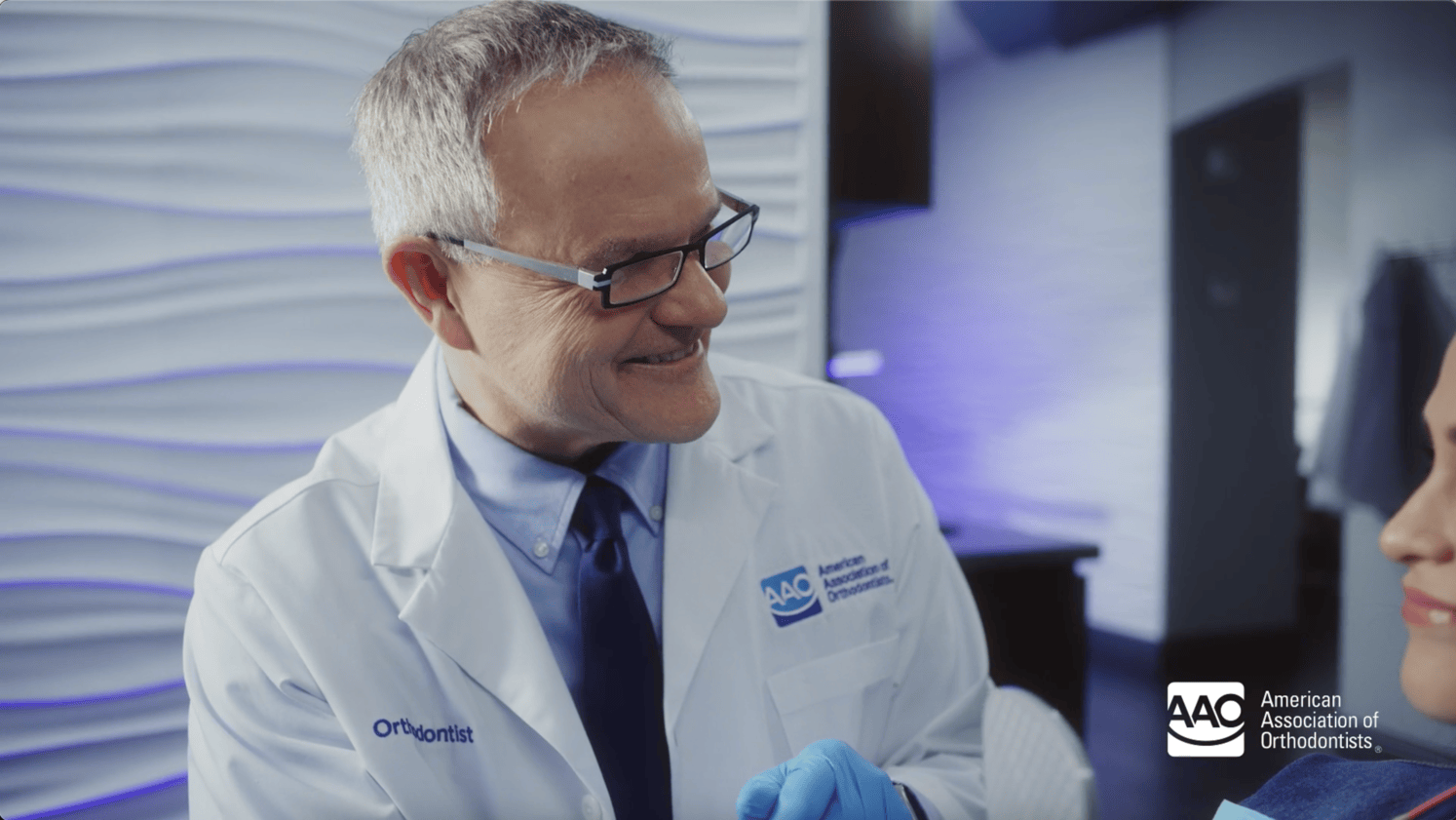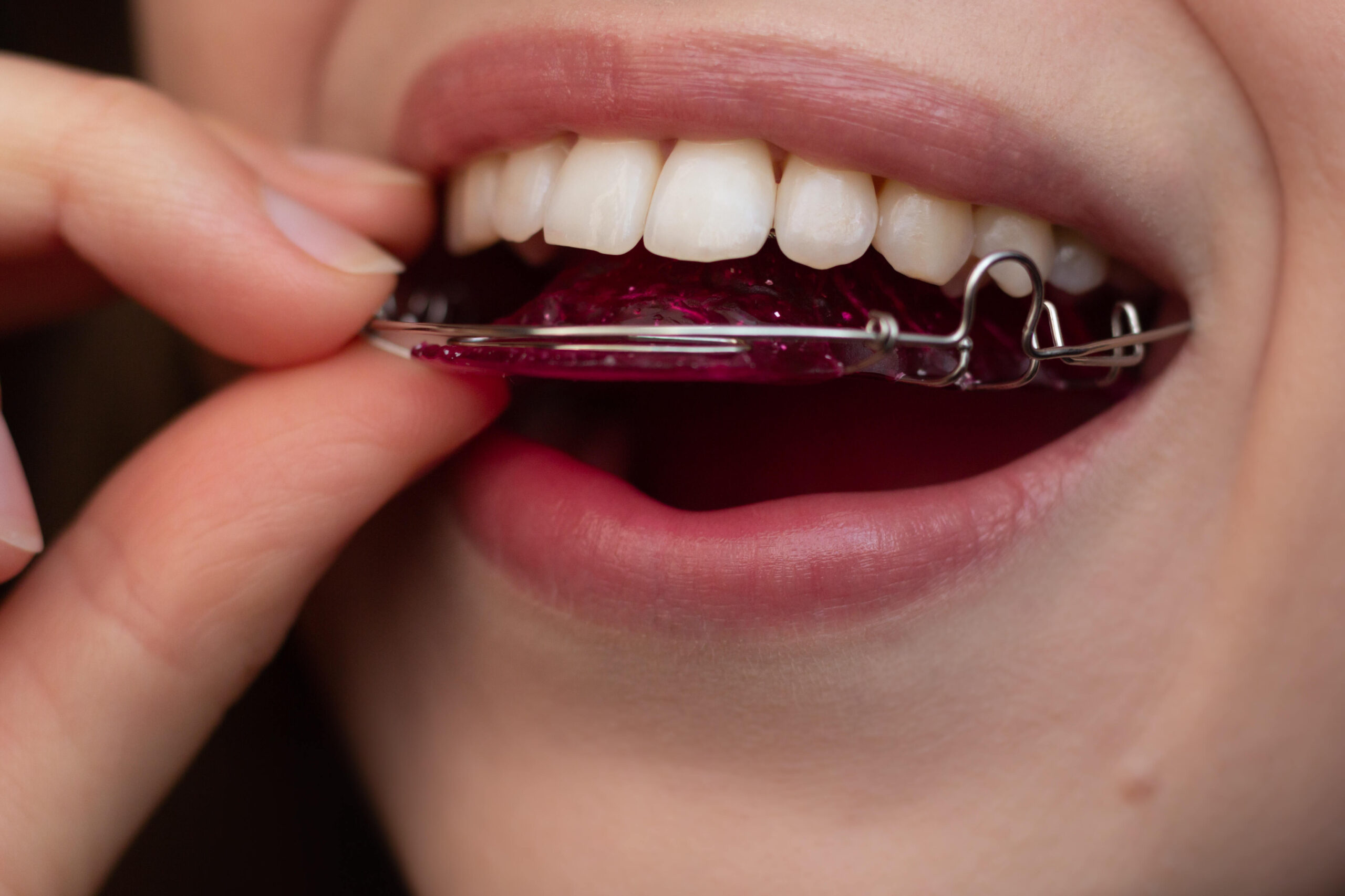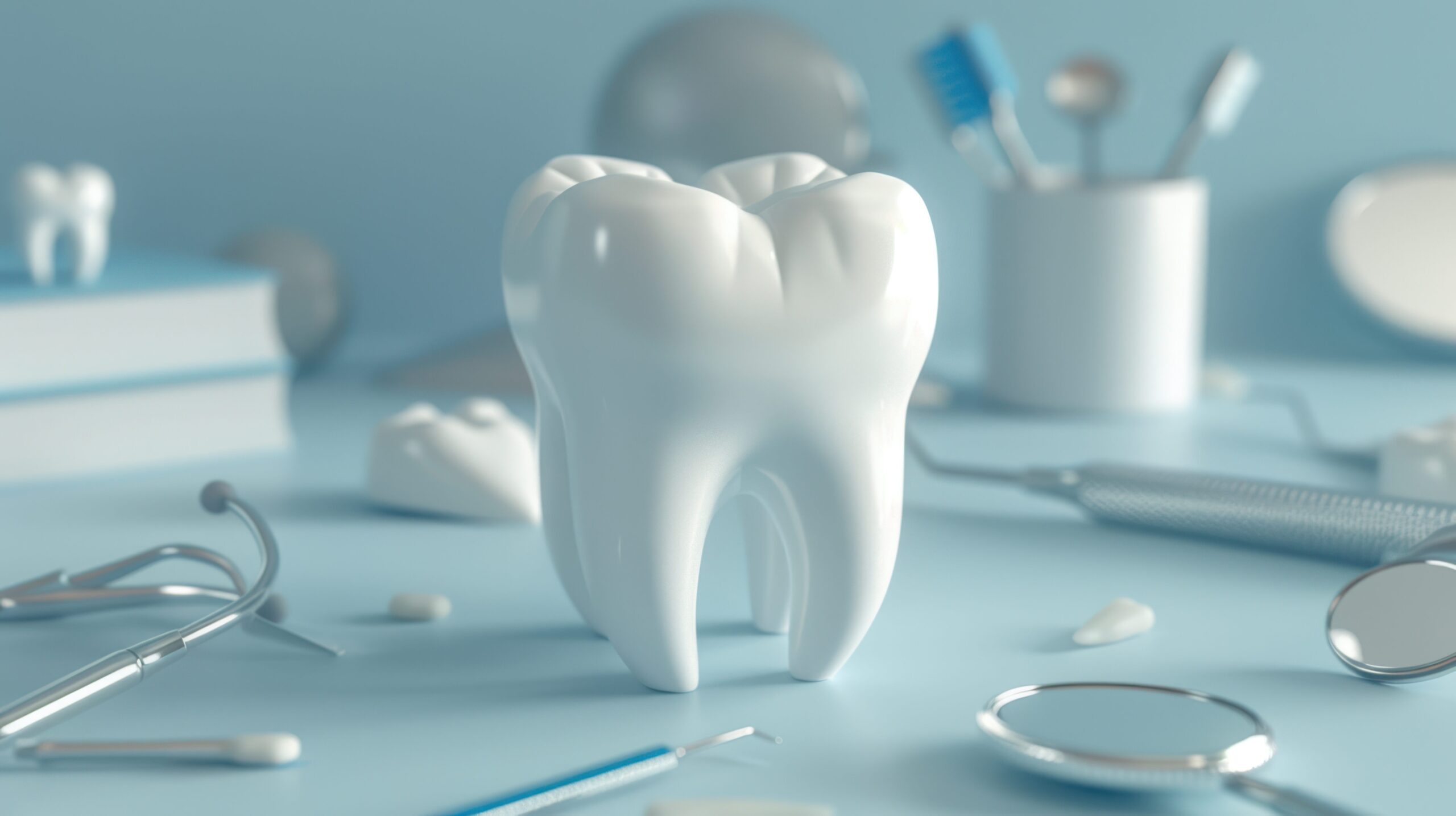
The Impact and Hidden Consequences of Vaping on Oral Health
Vaping causes damage that may lead to the death of gum tissue, gum disease and, in some cases, loss of teeth – making vaping a risk to your oral health.


Vaping causes damage that may lead to the death of gum tissue, gum disease and, in some cases, loss of teeth – making vaping a risk to your oral health.

Observational visits allow your orthodontist to keep an eye on how your child’s teeth, face and jaws are developing. These visits allow your orthodontist to monitor changes as your child grows.

While we’re all familiar with the transformative power of braces in straightening teeth, how does this process work? Behind each wire and bracket lies a fascinating world of science and precise engineering designed to align teeth and jaws.

As long as your retainer doesn’t hurt and still fits over your teeth, you can wear it – even if it feels tight. Your teeth may have slightly shifted, and you may need to wear your retainer longer each day to prevent your teeth from moving.

10 things you didn’t know about your teeth: A tooth can come in with a cavity and back teeth are called “molars.” Just to name a few.

In short, yes. Orthodontics can help manage obstructive sleep apnea in adults and children in some cases.

Following the recent announcement that Byte is suspending its business, we understand you may be left with many questions and concerns about your ongoing treatment. The American Association of Orthodontists (AAO) recognizes how essential a dependable support system is for your health and well-being. If you find yourself with questions about your treatment options, know … Continued

“Bite” refers to the way upper and lower teeth come together. While each bite problem is unique, there are seven that are the most common.

Two-phase treatment means that treatment is done at two different times, often to take advantage of predictable stages of dental development.

On the surface the DIY treatment seemed to be a quick, easy and inexpensive approach to close a gap. Unfortunately, the DIY treatment resulted a long-term, difficult and costly fix.